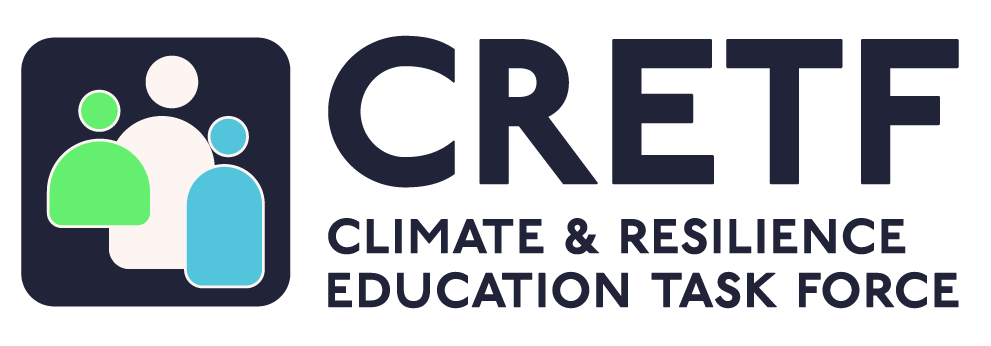Register here: https://www.priweb.org/event/science-in-the-virtual-pub
We are all too familiar with the impacts of foods, nor'easters, ice storms, derechos, tornadoes, hurricanes, and even atmospheric rivers of rain or snow but most of us would not rank drought high on our list of natural hazards of major concern. Let's take a minute or two to rethink that. Certainly, all of the aforementioned weather hazards are quite capable of infrastructure damage, disruption, physical and economic injury and even death on a large scale. Yet, anthropologists and archaeologists theorize that drought is a unique hazard that should not be ignored. Just ask the Mayans in Mesoamerica or ancient Egyptians about drought. A look back into the history of these great cultures and nations will reveal that drought can be blamed and named as a Destroyer of Civilizations. Now, fast forward in your mind, to the Dust Bowl event of the 1940s in the US; fast forward again to the decades-long drought of the 2000s in the western US and finally, consider the "taste" of drought that we all just experienced along the I95 corridor. No, drought is not quite the threat to our civilization that it was to the Mississippian indigenous nations in the midwest but we do need to reckon with any water shortage that could impact our major cities (New York, Boston or Philadelphia) or our ability to grown food in the high plains or agricultural valleys of California. So, let's talk about assessing drought in a changing climate.
This presentation will cover some of the history of drought, impacts of drought in the US in the past 10 years and the focus of research and inquiry on monitoring drought, drought outlooks, impacts and resilience strategies for the future.
Visit our nation's drought information portal at Drought.gov and learn more about Assessing Drought in a Changing Climate. Learn more about Sylvia Reeves at https://cires.colorado.edu/people/sylvia-reeves
